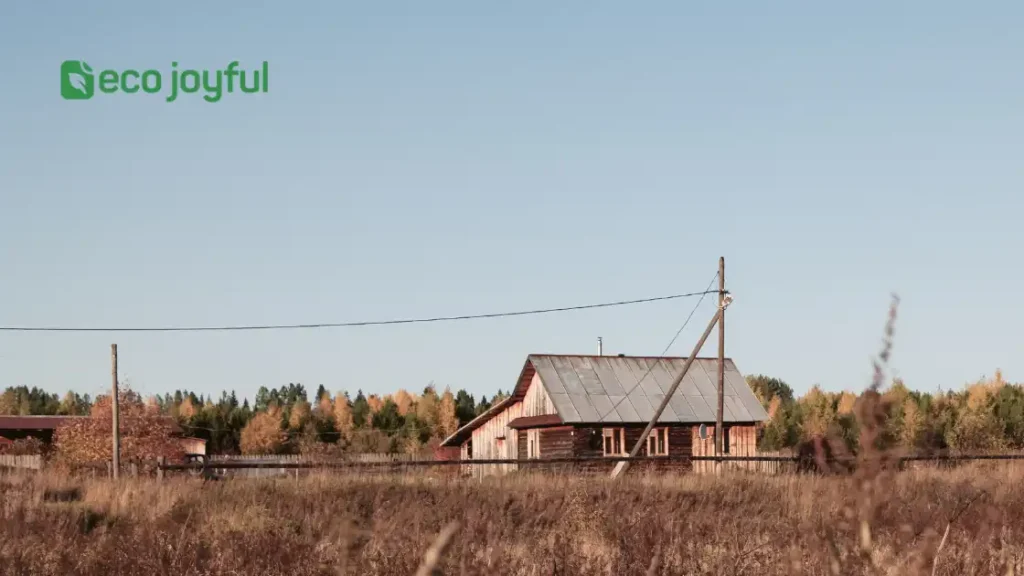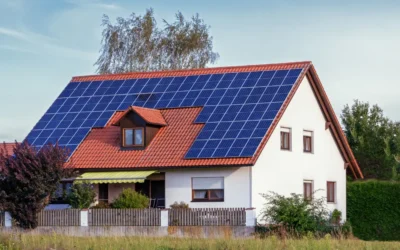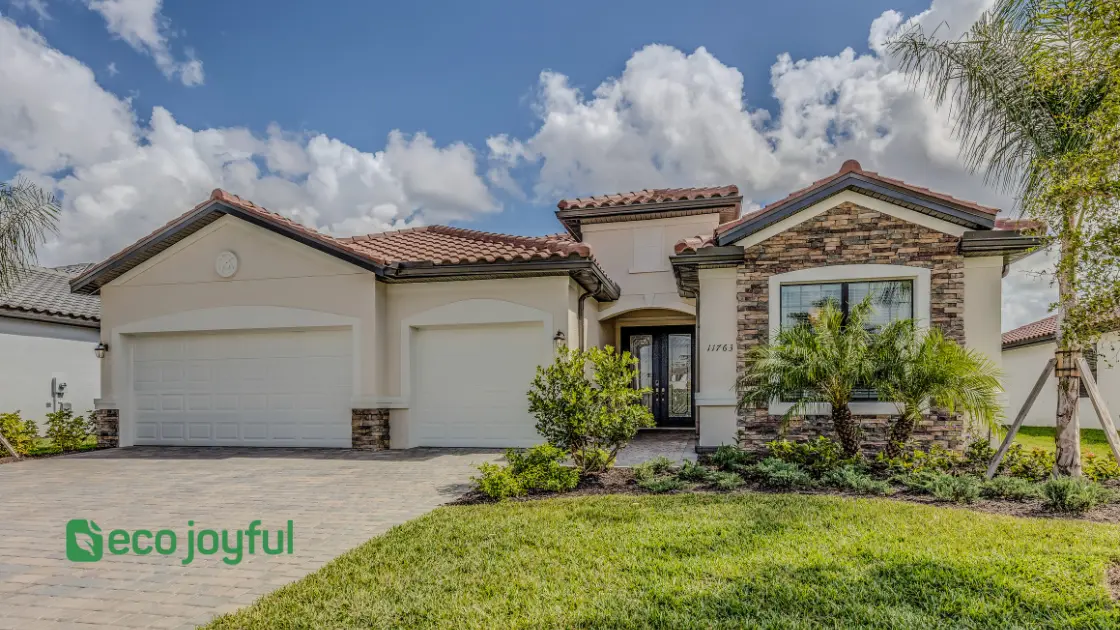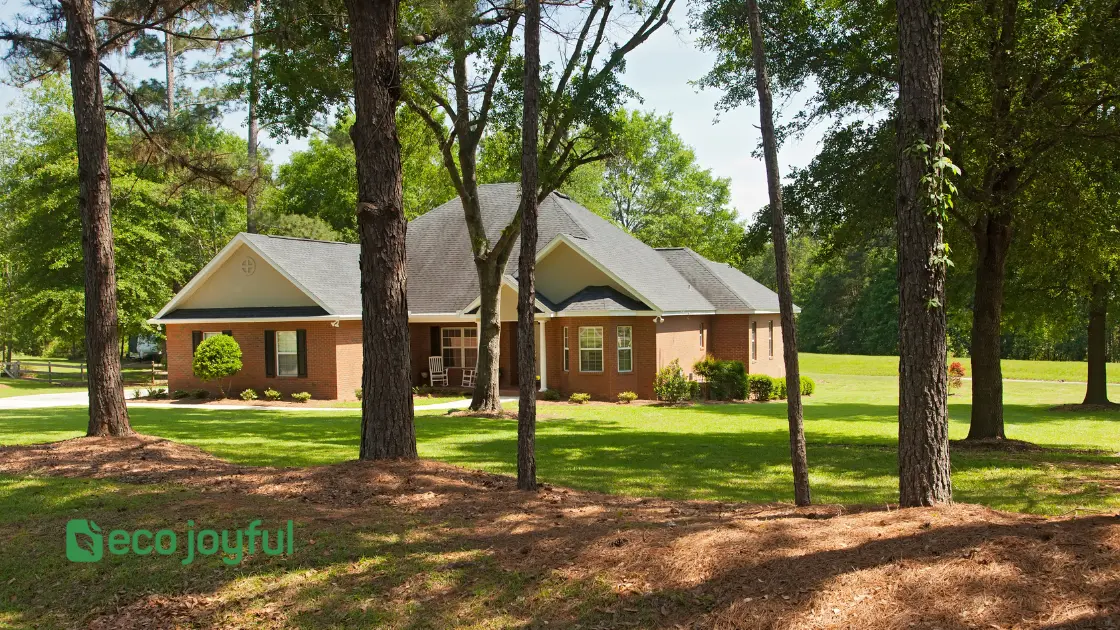Living off the grid in Missouri is a popular choice for self-sufficiency and sustainability. This article explores the benefits and challenges of living off the grid in Missouri, including energy sources, water and waste management, and legal considerations.
Whether you are seeking a simpler lifestyle or aiming to reduce your carbon footprint, living off the grid in Missouri offers unique opportunities to connect with nature and minimize reliance on traditional utilities. From solar power to rainwater harvesting, there are various strategies and technologies available to help individuals and families create a self-sustainable lifestyle.
However, it is important to understand the regulations and limitations associated with living off the grid in Missouri before leaping to this alternative way of life.
Table of Contents
Benefits Of Living Off The Grid In Missouri
Benefits of Living off the Grid in Missouri
Living off the grid in Missouri offers a multitude of benefits that are attracting an increasing number of individuals and families seeking a simpler, more sustainable lifestyle. From lower living costs to reduced environmental impact and greater self-sufficiency, the advantages of living off the grid in Missouri are numerous. In this article, we explore these benefits in more detail.
Lower Cost Of Living
Living off the grid in Missouri presents an opportunity to significantly reduce your cost of living. By generating your power through renewable sources such as solar panels or wind turbines, you can eliminate or drastically reduce your monthly utility bills.
Additionally, embracing a self-sufficient lifestyle encourages you to grow your food, thereby saving money on groceries.
With the lower cost of living, you can experience financial freedom, enabling you to focus on creating a fulfilling life instead of being burdened by financial stress.
Reduced Environmental Impact
Living off the grid in Missouri allows you to make a positive environmental impact. When you generate your power using renewable energy sources, you contribute to the reduction of greenhouse gas emissions and decrease the overall demand for fossil fuels.
Moreover, embracing a self-sufficient lifestyle often involves sustainable practices such as water conservation, composting, and organic gardening, all of which contribute to a healthier and more sustainable planet.
Greater Self-sufficiency
Living off the grid in Missouri empowers you to become more self-sufficient. By relying on renewable energy sources, you are no longer at the mercy of utility companies or vulnerable to power outages.
In addition to generating your power, you can cultivate your food, collect rainwater, and develop skills such as carpentry, sewing, and basic plumbing.
This level of self-sufficiency provides a sense of independence and security, as you are less reliant on external resources and more capable of meeting your own needs.
Essential Considerations For Living Off The Grid In Missouri
This comprehensive guide explores essential considerations for those interested in living off the grid in Missouri. From renewable energy sources to self-sufficiency practices, discover what it takes to lead an independent lifestyle in this Midwestern state.

Living off the grid in Missouri can be a fulfilling and sustainable way of life. However, it requires careful planning and consideration of various essential factors.
From finding the right land and property to setting up dependable energy sources and managing water and waste, each aspect plays a vital role in ensuring a successful off-grid lifestyle.
In this article, we will explore the key considerations you need to keep in mind when embarking on your off-grid journey in Missouri.
Land And Property
When it comes to living off the grid in Missouri, finding suitable land and property is crucial. The land should offer ample space for all your needs and provide the necessary natural resources required for sustainable living.
Consider the following factors before making a decision:
| Factors to Consider | Description |
| Size and Location | Ensure the land is large enough to accommodate your off-grid infrastructure, such as solar panels and farming areas. Location should provide access to essential amenities and be away from densely populated areas. |
| Agricultural Potential | Assess the soil quality and microclimate to determine if the land is suitable for growing your food. Consider factors like sunlight exposure, water availability, and natural drainage. |
| Legal Considerations | Ensure you are aware of any zoning or building restrictions in the area and check if obtaining any necessary permits or licenses is required for off-grid living. |
Energy Sources And Systems
Establishing reliable and sustainable energy sources is essential when living off the grid in Missouri. Here are some energy considerations to bear in mind:
- Solar Power: Invest in solar panels to harness the abundant sunlight in Missouri and generate electricity for your off-grid lifestyle. Ensure you have enough solar capacity to meet your energy needs.
- Wind Energy: If your location experiences consistent wind patterns, consider installing a wind turbine to generate electricity. This can supplement your solar power system and provide backup during low-sunlight periods.
- Battery Storage: Install a reliable battery storage system to store excess solar or wind energy generated during peak hours. This will ensure a continuous power supply even when the renewable sources are not actively generating electricity.
Water And Waste Management
Managing water and waste is crucial for off-grid living in Missouri. Consider the following aspects to ensure a sustainable approach:
- Water Sources: Identify and develop alternative water sources, such as rainwater harvesting systems, wells, or natural springs. Ensure regular testing to maintain water quality and explore efficient water conservation practices.
- Waste Management: Implement environmentally friendly waste management systems, such as composting toilets and graywater recycling. Proper waste disposal is essential to minimize the impact on the surrounding ecosystem.
By carefully considering these essential factors related to land and property, energy sources and systems, as well as water and waste management, you can pave the way for a successful off-grid lifestyle in Missouri. Take the time to thoroughly plan and assess your needs to create a sustainable living environment that aligns with your values and aspirations.
Tips For Successful Off-grid Living In Missouri
Living off the grid in Missouri offers a unique and rewarding experience where you can disconnect from modern conveniences and embrace a sustainable lifestyle. To make your journey toward self-sufficiency a little smoother, here are some essential tips for successful off-grid living in Missouri:
Building A Sustainable Home
Building a sustainable home is the foundation of off-grid living. When constructing your off-grid home in Missouri, focus on energy efficiency and utilizing eco-friendly materials. Consider harnessing solar power by installing solar panels on your roof.
This renewable energy source will provide electricity to power your appliances and lighting. Additionally, invest in insulation to ensure your home stays well-insulated, reducing the need for excessive heating or cooling.
Developing Sustainable Food Sources
When it comes to off-grid living, growing your food is an essential aspect. Missouri’s fertile soil provides an excellent opportunity for cultivating a diverse range of crops.
Start by setting up a vegetable garden and grow basic staples like potatoes, carrots, and tomatoes. Consider implementing permaculture techniques to maximize your yield and minimize maintenance.
You can also explore small-scale livestock farming, such as raising chickens for eggs and meat.
These sustainable food sources will help you become more self-sufficient and reduce your dependence on external food supplies.
Establishing A Supportive Community
Living off the grid doesn’t mean living in isolation. It’s crucial to establish a supportive community of like-minded individuals who share your passion for sustainable living.
Seek out local off-grid communities, eco-villages, or homesteading groups in Missouri. These communities can provide valuable insight, advice, and support as you navigate your off-grid journey.
From sharing resources and knowledge to exchanging homegrown produce, a strong community network will make your off-grid experience more fulfilling and resilient.
In conclusion, successful off-grid living in Missouri involves building a sustainable home, developing sustainable food sources, and establishing a supportive community.
By incorporating these tips into your off-grid lifestyle, you’ll be on your way to enjoying the freedom, independence, and sustainability that off-grid living in Missouri offers.
Conclusion
In a world where modern conveniences dominate, the allure of living off the grid in Missouri is undeniable. From picturesque landscapes to self-sustaining lifestyles, this state offers countless opportunities for those seeking a break from the noise and chaos.
With its abundance of natural resources and close-knit communities, Missouri provides the ideal backdrop for a simpler, more fulfilling way of life.
Whether you’re drawn to the tranquility of the Ozark Mountains or the charm of rural towns, embracing an off-grid lifestyle in Missouri promises a unique and rewarding experience.









